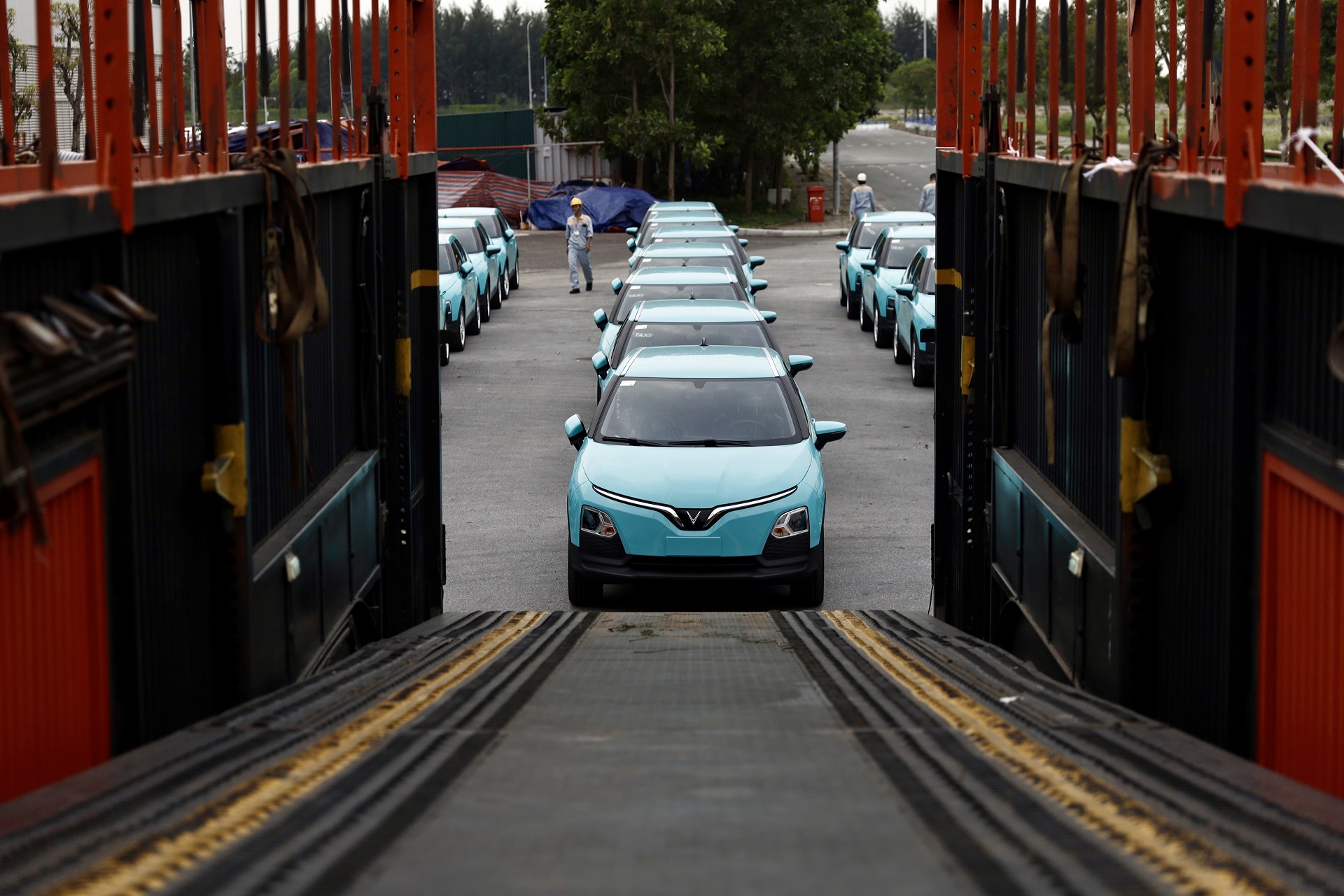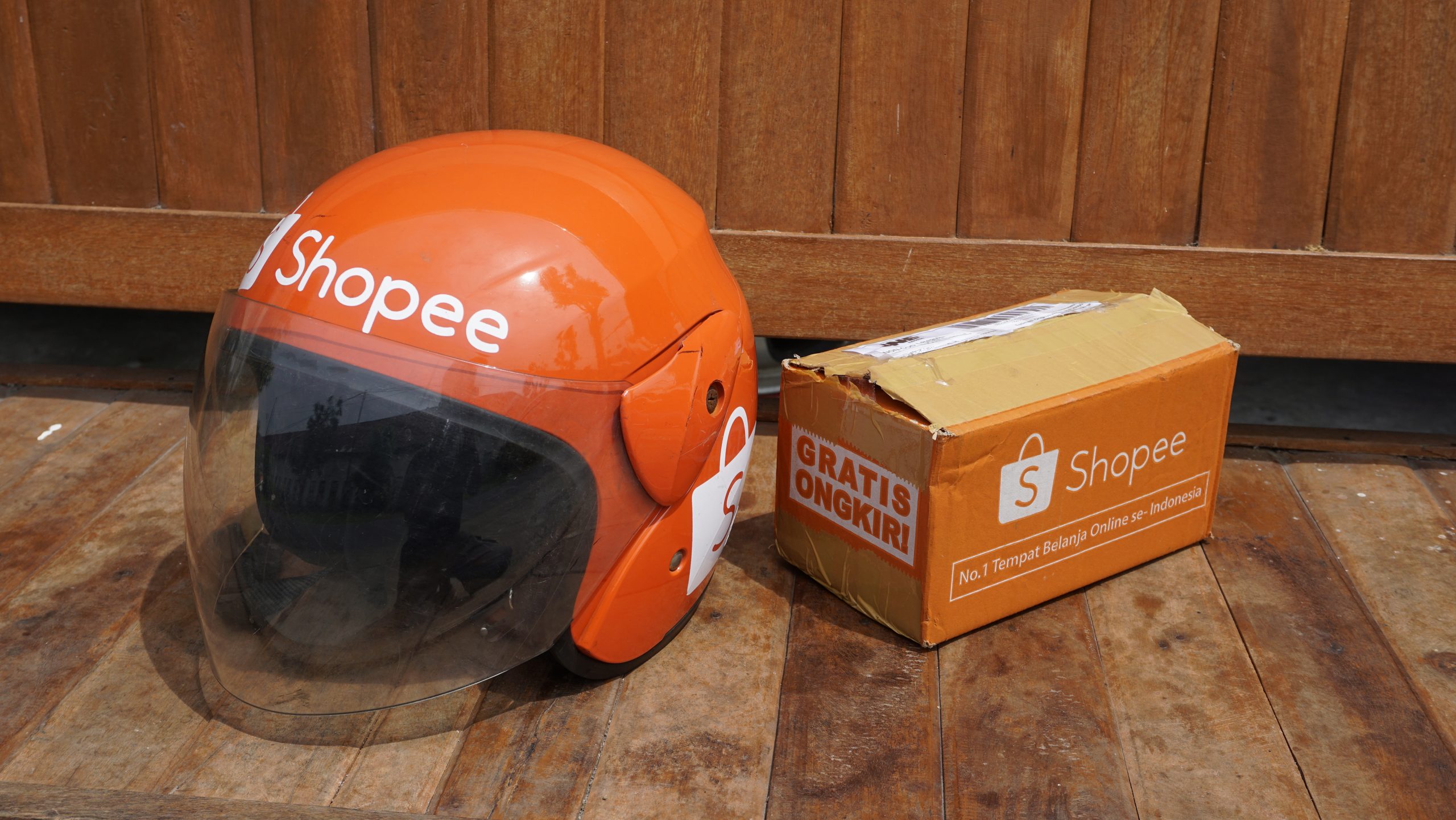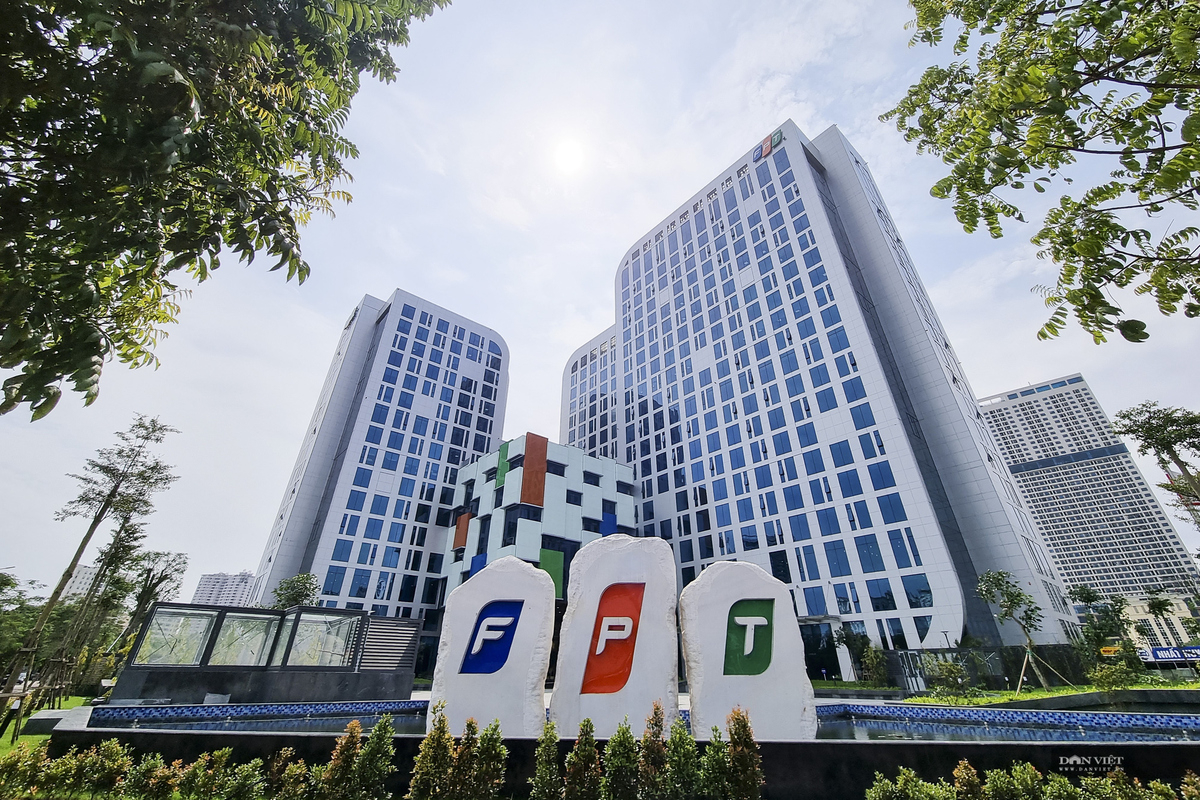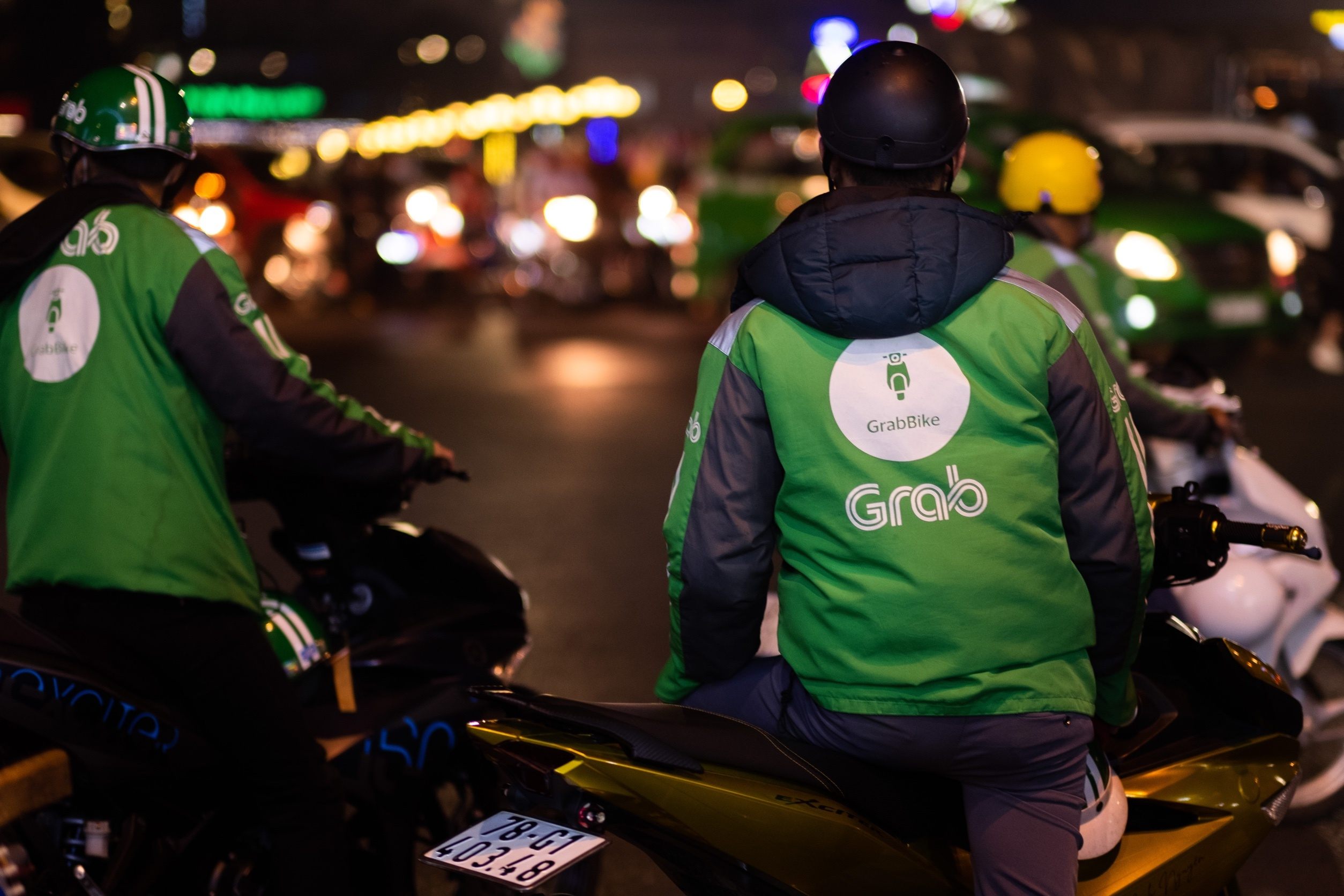Last-mile logistics startup Lalamove bags $100m series C, rolls into 100 Asian cities
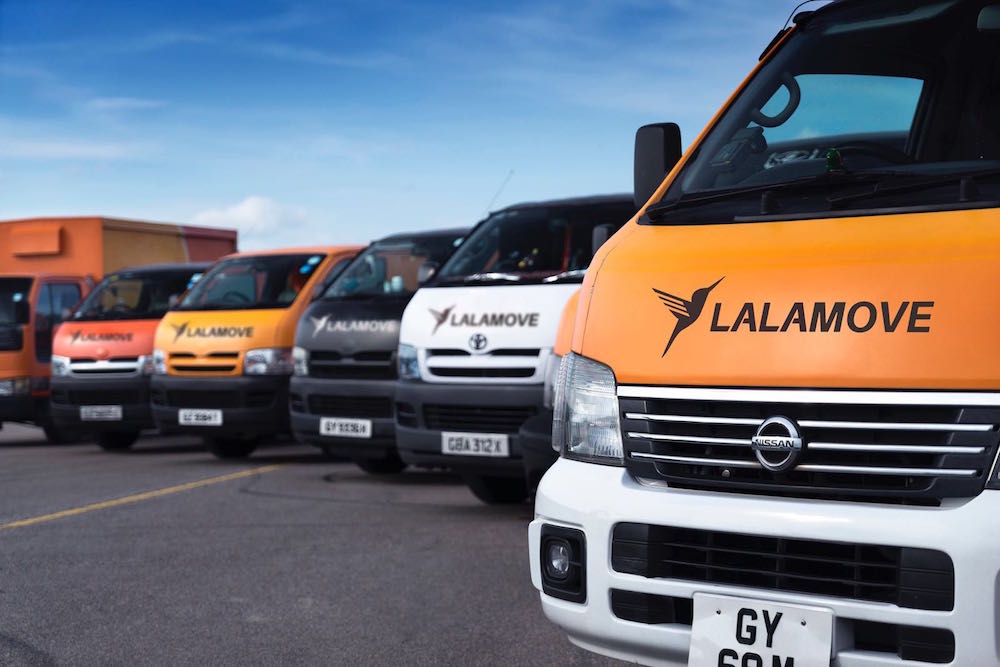
Man with a van: Lalamove has expanded from Hong Kong to several Southeast Asian cities. Manila is the latest launch. Photo credit: Lalamove.
Just nine months after raising its US$30 million series B round, Lalamove, a Hong Kong-based on-demand logistics startup, today announced US$100 million in new funding.
The series C round was led by Shunwei Capital, founded by Xiaomi boss Lei Jun, and joined in by previous investors such as Xiang He Capital and MindWorks Ventures. It brings Lalamove’s total disclosed funding so far to US$160 million, making it one of the top-funded companies in this category.
The company – known Huolala in mainland China and Lalamove everywhere else – is now active in 100 cities. This meets the target it had set for itself for the end of 2017.
Most of those cities are in China – where Lalamove has “saturated almost 80 percent of the market,” said founder and CEO Shing Chow. The rest are in Southeast and East Asia: Singapore, Ho Chi Minh City, Bangkok, Manila, Taipei, and of course, Hong Kong.
The fresh capital will be used to further expand in Vietnam, enter Malaysia and Indonesia, hire talent, and launch new features.
“We look for cities that have reached critical mass – so large, major cities – where we see there is a lot of fragmentation, and that require improvement in logistics,” explained Chow.
The Chinese logistics market is worth US$1.7 trillion, he said, while the industry accounts for 15 percent of the Southeast Asian economy.
Staying ahead of competition
Chow, who once worked for consulting firm Bain, started Lalamove in 2013 using his winnings from years of playing professional poker. At the time, he was fascinated with Uber, and thought about applying the concept elsewhere.
Lalamove signs up van and truck drivers to do last-mile deliveries for its clients and then, like Uber, takes a cut of the fee. Anyone can use the app to move goods but unlike Uber, the company caters mostly to small and medium enterprises (SMEs). Today, the company has more than 2 million drivers and more than 15 million registered users.
Chow told Tech in Asia that they’ve realized profits in some of their cities. Earlier on, he said, “the easiest thing for startups to do is to spend money to prove they have product-market fit. You only really validate the need for your product when someone pays you for it. We decided to make it our number one priority to be profitable so that we can be ‘default alive’ rather than ‘default dead’. We don’t want to be dependent on outside capital for survival.”

Shing Chow. Photo credit: Lalamove.
Lalamove attributes its financial performance to the consistency of service it provides and the kind of clients it targets. Loyalty among SMEs is easier to maintain because they rely more on track record and service quality rather than discounts – unlike individual consumers, who easily switch between services to avail of promos.
Blake Larson, head of international at Lalamove, also previously told Tech in Asia about their strategy of shying away from subsidies. Instead, the company focuses on being lean, with just 1,500 staff in 100 cities. According to him, the team watched a war of attrition among “hundreds” of similar services in China as they all bankrupted each other with deep discounts.
“Now there’s just two of us,” he said, referring to main Chinese rival Wuba, a spin-off from classifieds site 58.com.
In Southeast Asia, Lalamove is facing competition from the likes of GoGoVan, Deliveree, and Ninja Van, which raised US$30 million in its series B this year.
What’s next
Lalamove is working on new features such as giving businesses more direct access to its fleet of vans and trucks. It is rolling out an API integration service which allows clients access via their own delivery management systems, rather than through the Lalamove app.
The company also wants to further bring down its drivers’ average delivery time from the current 46 minutes. “Delivery of information takes seconds, but delivering physical goods is still relatively slow,” said Chow. “We want to change that.”
“Our targets don’t just revolve around expansion, but also raising our order volumes and consistency,” he added.
Lalamove
Lalamove, previously known as EasyVan, connects people with professional motorcycle and pick-up truck drivers throughout the city, while helping drivers get extra business that they want.
- Location
- Hong Kong
- Founded
- 2013
- Employees
- 10,000+
- Website
- lalamove.com
- Latest Funding
- Series F
- Hiring
- 0 positions
Recommended reads
 Angkas vs. Grab in the PH
Angkas vs. Grab in the PH Singapore issues Grab taxi operator license
Singapore issues Grab taxi operator license VinFast’s reliance on GSM for growth faces uncertainty
VinFast’s reliance on GSM for growth faces uncertainty Shopee drops J&T Express’ standard, economy deliveries in Indonesia (update)
Shopee drops J&T Express’ standard, economy deliveries in Indonesia (update) Grab offers cash advance for driver-partners
Grab offers cash advance for driver-partners India’s 15-minute meal hunger games
India’s 15-minute meal hunger games Gojek appoints new head in Vietnam
Gojek appoints new head in Vietnam Vietnam’s FPT Software acquires US firm’s IT services unit
Vietnam’s FPT Software acquires US firm’s IT services unit Grab’s Q2 revenue climbs 79%, losses narrow
Grab’s Q2 revenue climbs 79%, losses narrow Tesla trims over 10% of global workforce amid lower sales
Tesla trims over 10% of global workforce amid lower sales
Editing by Jack Ellis and Michael Tegos
(And yes, we’re serious about ethics and transparency. More information here.)


